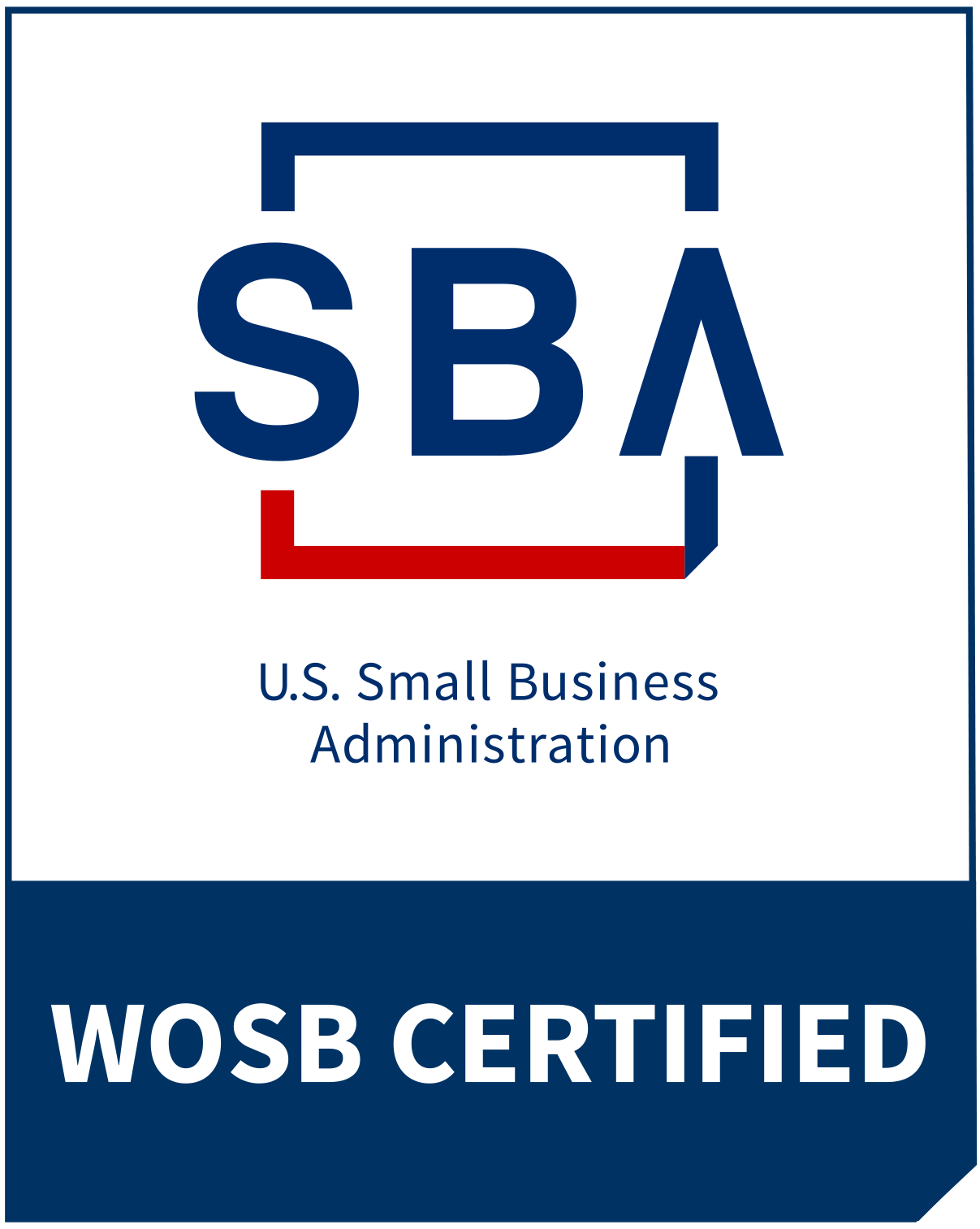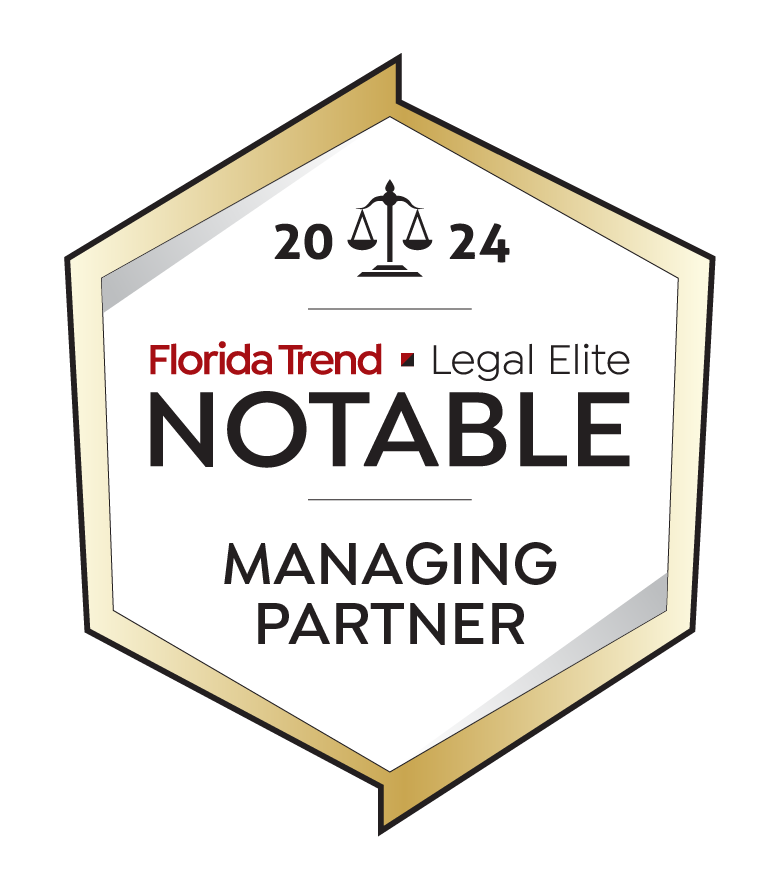When someone dies, their property often must go through probate, a legal process that ensures the deceased person’s debts get paid and their property distributed according to the law. The court appoints someone to handle these tasks and carry out the deceased person’s wishes.
A person with the responsibility for asset administration in South Miami probate might face numerous challenges. You should work with a skilled probate attorney to ensure you manage the estate properly and efficiently. If you are a beneficiary or family member of a person whose estate is in probate, a legal professional can help you understand your rights in the asset administration process.
Basic Information About Probate
When someone dies, the property and debts they leave behind is called their estate. A person named to administer the will (if one exists) is the executor and the people who inherit are the beneficiaries. If the decedent died without leaving a will, they died intestate. The law of intestacy determines how to distribute property to their heirs.
After a death, relatives and other loved ones cannot access property the decedent held solely in their name. A family member or another interested person must file a petition with the court to open probate, which allows someone to collect the decedent’s property, pay their bills, and distribute the balance to the beneficiaries or heirs. Florida Statute § 733.101 requires the petition be filed in the county where the decedent lived when they died.
When the court grants the petition to open probate, it will appoint someone to be the estate’s personal representative, often a family member. A South Miami attorney can assist a personal representative or another interested person with asset administration.
Only Some Property Must Go Through Probate
Probate is only required for assets a decedent held solely in their own name without a named beneficiary. This rule can limit the property that must go through probate. For example, bank and investment accounts held jointly with another person or with right of survivorship do not have to go through probate. Ownership passes directly to the joint owner upon the decedent’s death.
When a decedent leaves a spouse or children, some of their property is exempt from probate by law. Being exempt from probate means the family members or beneficiaries can access the property immediately and creditors cannot touch it. Exempt property includes the decedent’s homestead, two cars (weighing less than 15,000 pounds each), household furnishings worth up to $20,000, and personal property worth up to $1,000.
In many cases, a decedent has some property that must go through probate and some that does not. An asset administration attorney in South Miami can help a family or personal representative determine what assets must go through probate.
Administering Assets in the Two Kinds of Probate
Different probate processes are available depending on the estate’s value, which is calculated based on just the property that must go through probate. It is possible for a wealthy decedent to have a probate estate with little value if they held most of their wealth in property exempt from probate.
When someone has been dead for two years or an estate’s assets are worth less than $75,000, a simplified process called summary probate is available. The executor, surviving spouse, or other family member asks the court to open a summary probate proceeding. If the Judge agrees the estate is eligible, they will release the decedent’s property to the beneficiaries or heirs.
When an estate is worth more than $75,000, it must go through a formal probate administration. The personal representative submits the will, if there is one, and anyone who objects to the will has a chance to contest it. The personal representative also notifies the decedent’s creditors and manages their claims, which might require selling some or all the decedent’s property. This form of asset administration usually takes a year or more.
Contact a South Miami Attorney About Asset Administration Issues Today
Handling your deceased loved one’s estate is an act of caring. It can be complicated and stressful, especially if you have no experience in these matters. If you are an heir or beneficiary, you might be concerned about what is happening to your loved one’s property during the probate process.
Reach out to The Florida Probate & Family Law Firm when you have questions or need support regarding asset administration in South Miami. An experienced lawyer can answer your questions and provide any legal help you need during a free case evaluation.



























